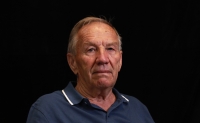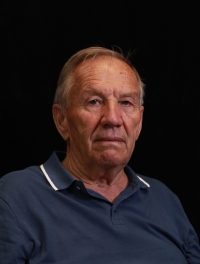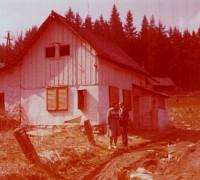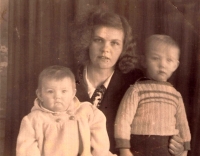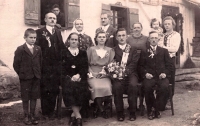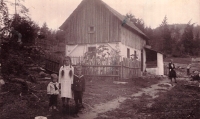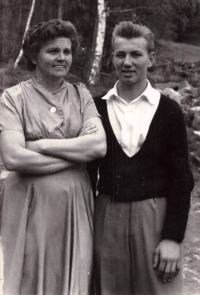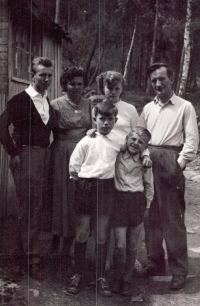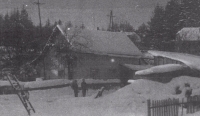My father was trying for 20 years to emigrate
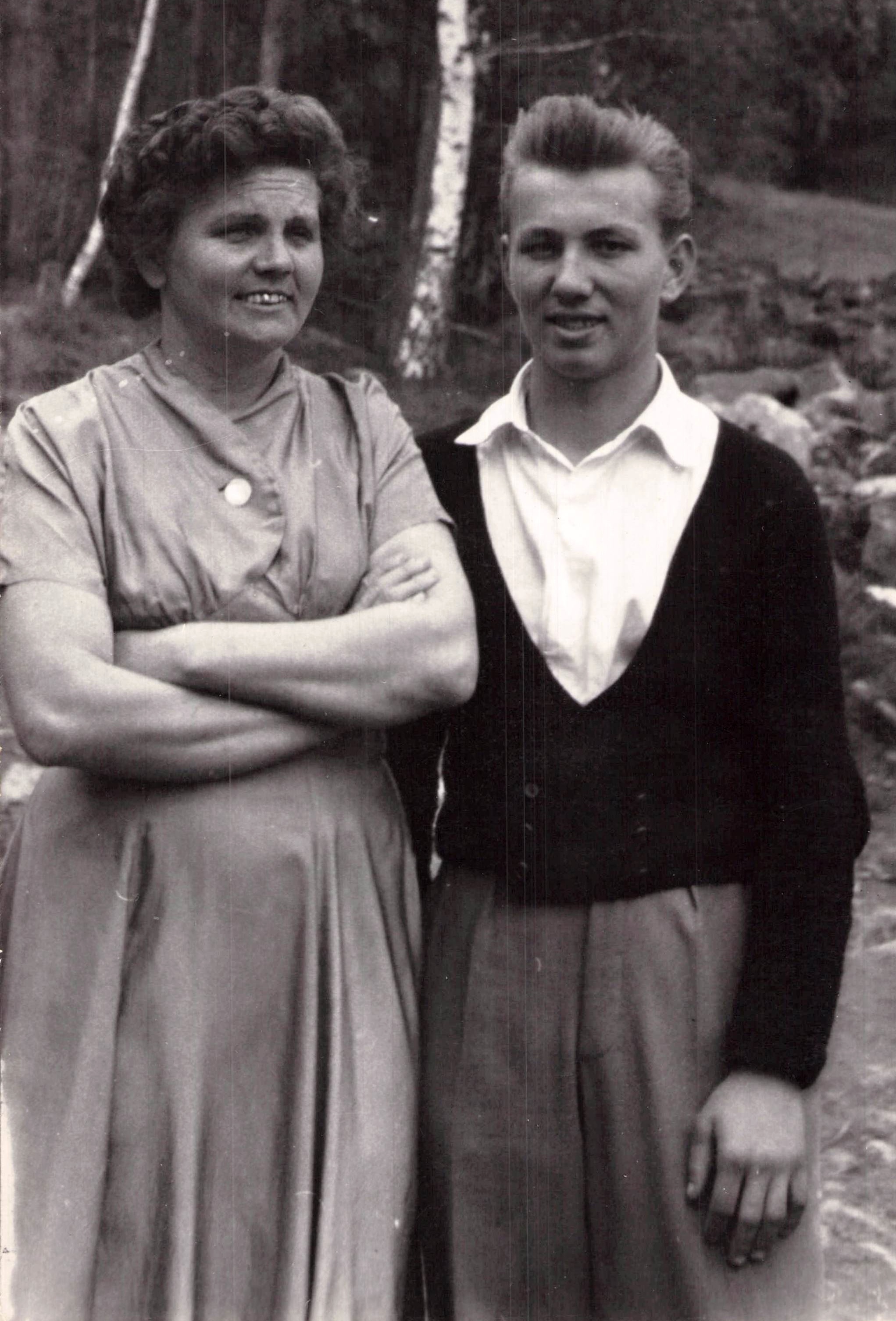
Download image
Helmut Ulowetz was born on 8th August 1942 in Přední Loučovice in Šumava. His mother Hedvika, née Preyerová, came from a German family. His father Josef, originally Czech, took German nationality in 1941. After World War II, his mother’s relatives were deported to Germany. The Ulowetz family also wanted to leave, but his father Josef was considered an indispensable employee in the paper mills and was not allowed to leave. The family remained in Czechoslovakia. Helmut trained as a carpenter in České Budějovice. In 1962-1964 he completed his compulsory military service with the military engineering in Pardubice. In 1966, after several rejected applications, the authorities allowed the Ulowetz family to emigrate. At that time Helmut was already married, had two daughters and stayed with his family in Czechoslovakia. He worked all his life on construction sites, first as a team leader, later working in occupational safety. In 2021, Helmut Ulowetz lived in Větřní.
